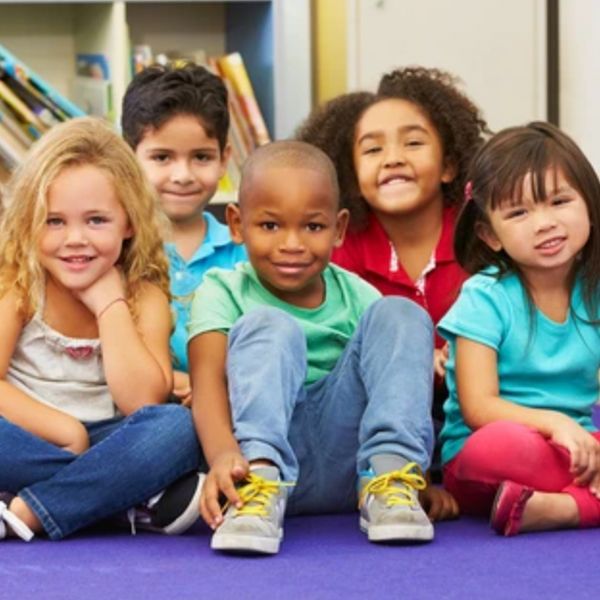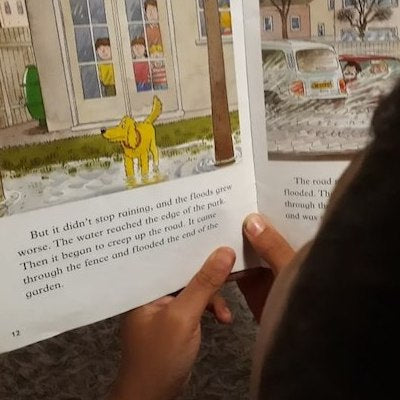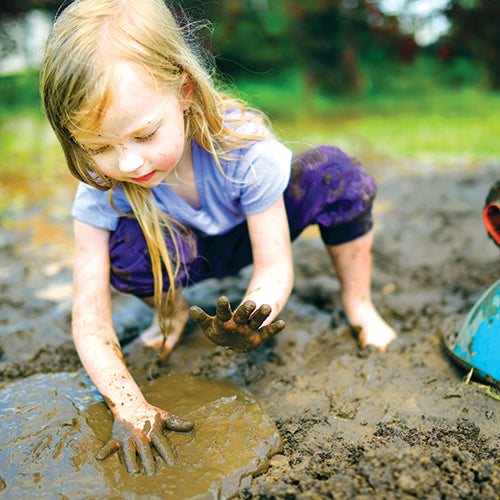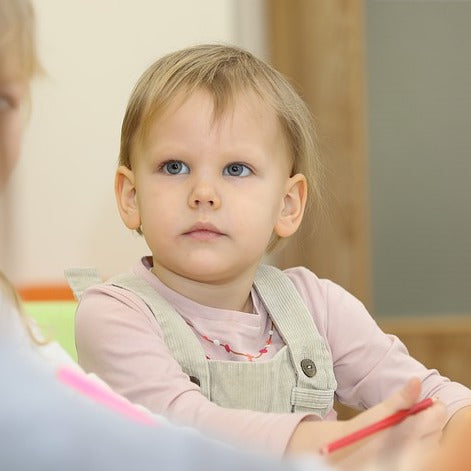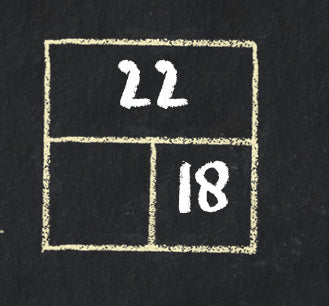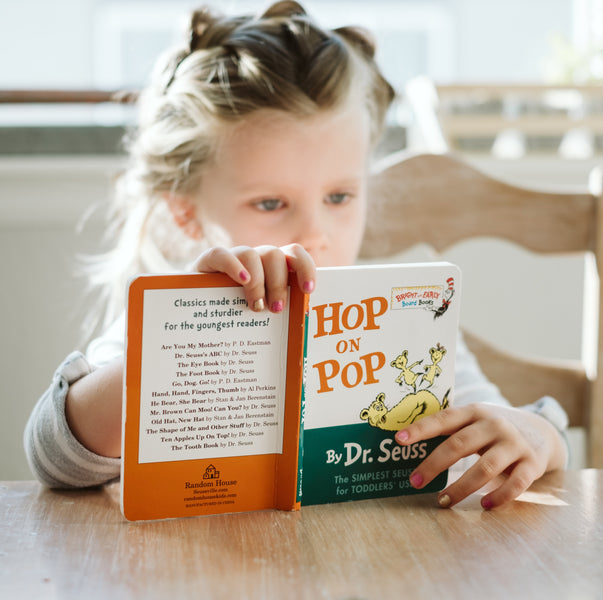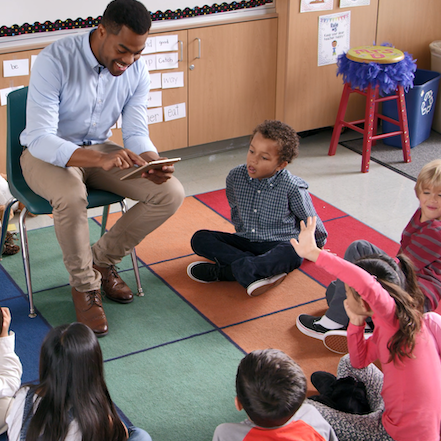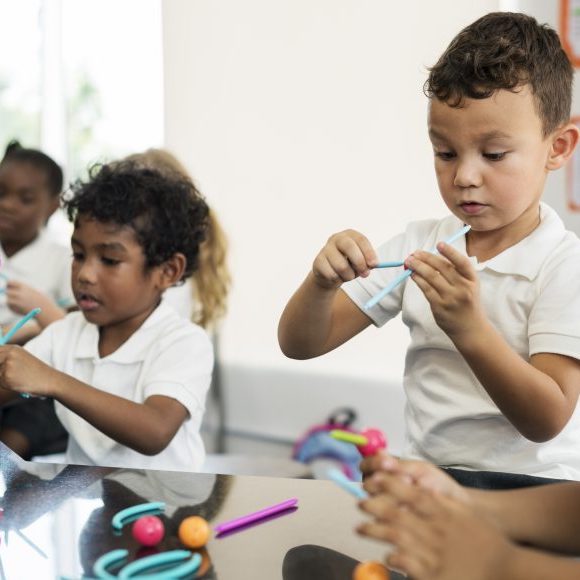Research -- StepUp to Learn
Vision May Be the Real Cause of Children's Problems
Are you a little clumsy sometimes? Do you or your child struggle to read, write or do math? Maybe vision is the real root of the problem.
Chatty Kids Do Better At School, New Study Shows
Young children go on to achieve more academic success when their verbal skills are enhanced, a new study suggests.
Achievement Gaps May Explain Racial Overrepresentation in Special Education
School districts may be flagged as over-identifying students of color as having disabilities when other factors, such as achievement gaps, may explain these disparities.
Researchers Gather Most Promising Interventions Addressing 'Word Gap'
Researchers bring together 18 language-intervention research and empirical studies that address the word gap, the inequities in early experience with language that can place some children at a disadvantage.
Mother Nature: Reshaping Modern Play Spaces for Children’s Health
A world first review of the importance of nature play could transform children’s play spaces, supporting investment in city and urban parks, while also delivering important opportunities for children’s physical, social and emotional development.
High-Quality Teacher–Child Interactions Predict Children's Learning Outcomes
Most early childhood instructional alignment initiatives focus on the use of curricula, instructional practices, learning standards and assessments. But is it enough?
A New Method for Boosting the Learning of Mathematics
Researchers oversaw a new system of maths learning whose purpose is to promote the use of arithmetic formulas at an early age. After a year, they observed a leap in students’ performance.
The Power of Parents
A study on the impact of parents’ inclusion in their young children’s interventions found that parents can play a crucial role in their toddlers’ development.
Here's How You Help Kids Crack the Reading Code
Learning letter-sound correspondences early in the first year of school creates the best possible foundation for breaking the reading code.
Screening Kindergarten Readiness
Researchers at the University of Missouri College of Education have found that a readiness screener can predict kindergarteners’ success in school after 18 months.
Finding Upends Theory About the Cerebellum's Role in Reading and Dyslexia
New research shows that the cerebellum is not engaged during reading in typical readers and does not differ in children who have dyslexia.
Emphasizing social play in kindergarten improves academics, reduces teacher burnout
Emphasizing more play, hands-on learning, and students helping one another in kindergarten improves academic outcomes, self-control and attention regulation.



